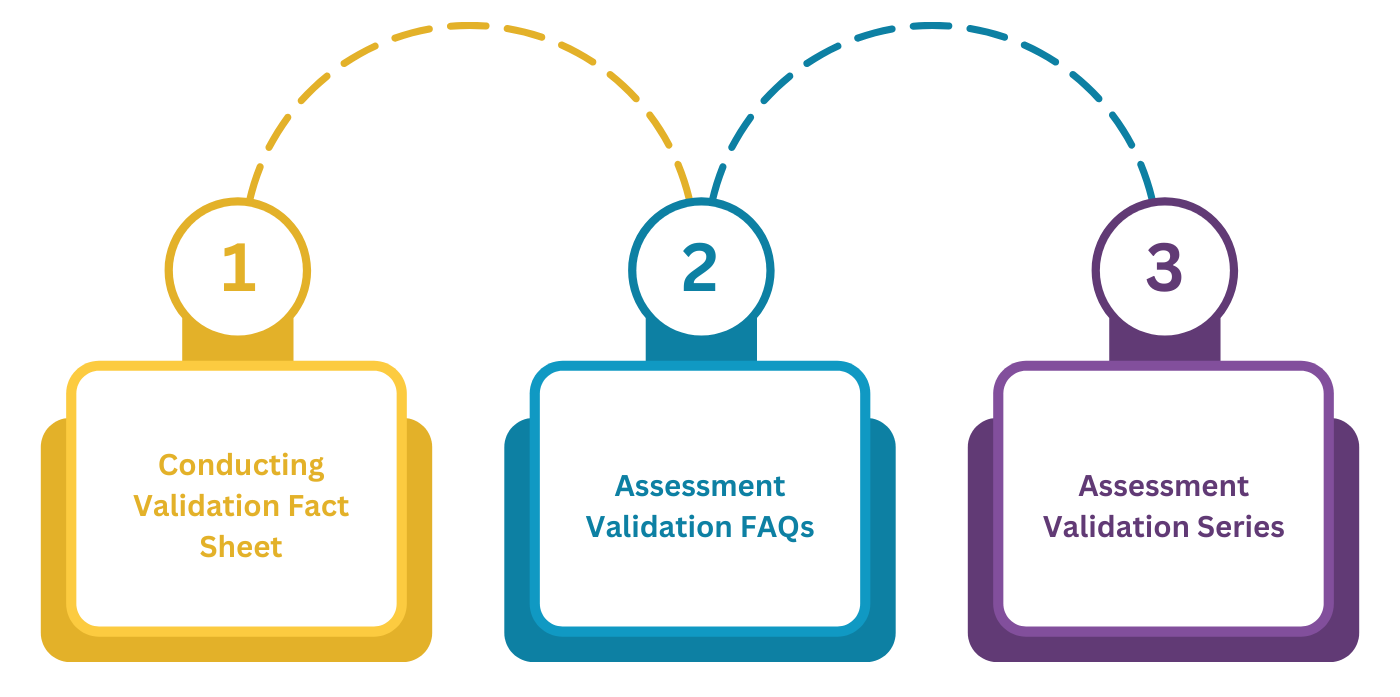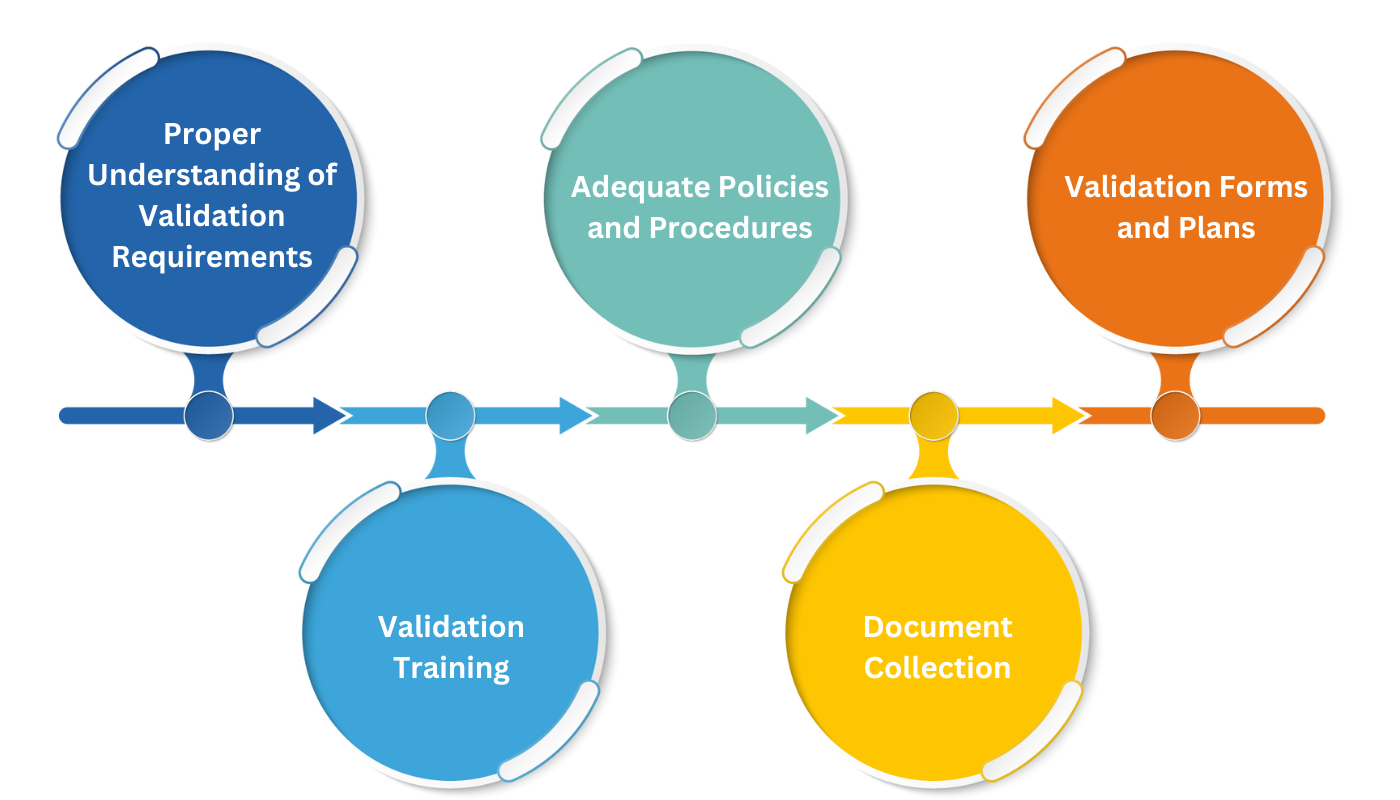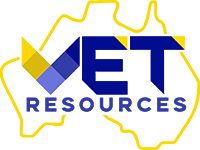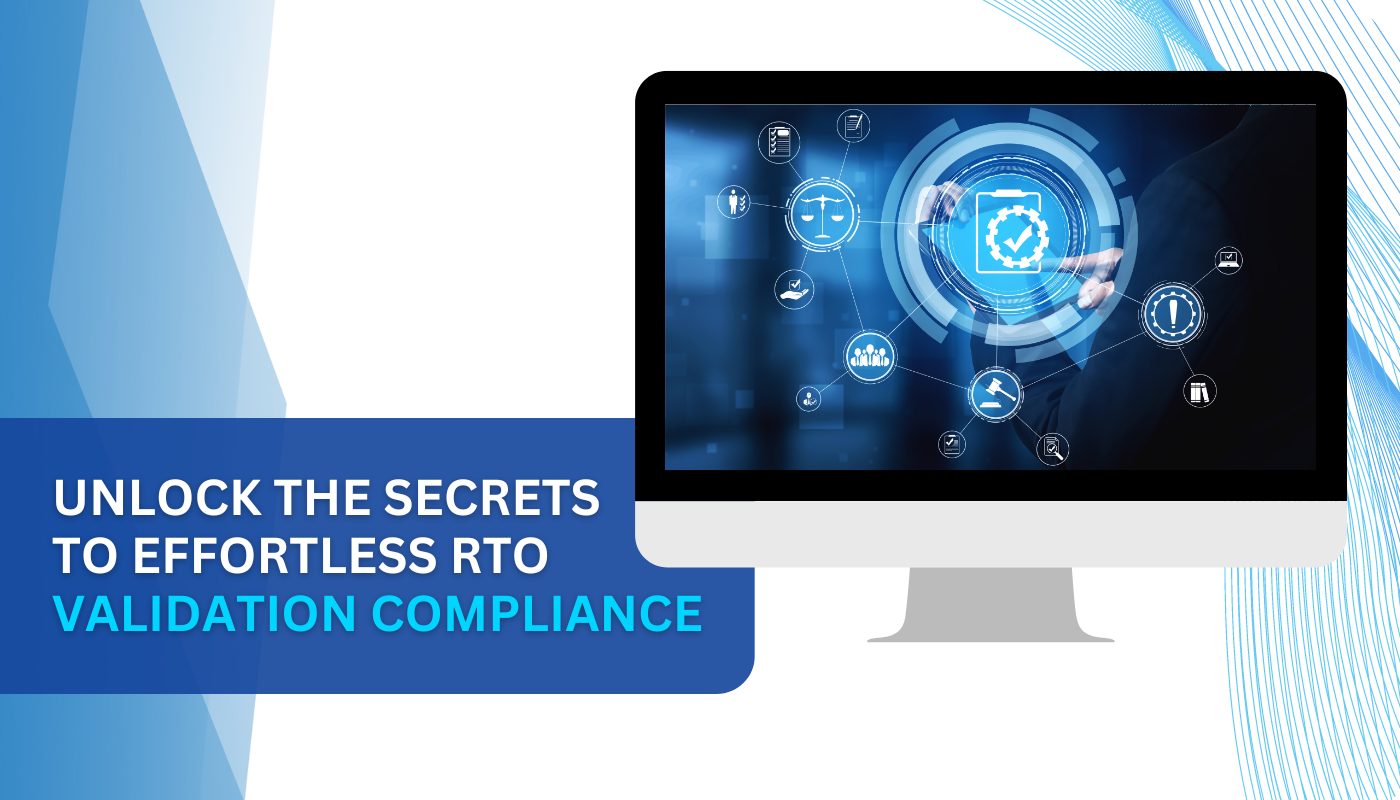In the bustling world of vocational education, Registered Training Organisations (RTOs) are the unsung heroes, shaping the future of countless students. However, beneath the surface of their noble mission lies a complex web of validation requirements, a challenge that many RTOs find daunting. Join us on a journey through the trials and triumphs of RTOs as they navigate the labyrinth of RTO compliance management.
The Journey of RTO Compliance: A Tale of Challenges and Triumphs for RTOs
Chapter 1: The Hidden Struggles of RTO Validation Compliance

Imagine an RTO bustling with eager students and dedicated trainers. The atmosphere is electric with the promise of new beginnings. But behind the scenes, the compliance manager, Emma, faces a mountain of challenges. With limited financial and human resources, she juggles multiple roles, trying to keep up with the ever-evolving standards set by the Australian Skills Quality Authority (ASQA).
Emma’s story is not unique. In fact, based on my experience working with over 1,025 clients, we found that around 85% of RTOs struggle to meet validation requirements due to a lack of proper understanding, inadequate policies, and insufficient validation training. The standards are intricate and continuously changing, demanding dedicated time and expertise that are often in short supply.
Chapter 2: The Complexity of RTO Validation Compliance

As Emma delves deeper into the RTO compliance requirements, she realises that the complexity of the standards is overwhelming. Many RTOs do not have a proper validation plan or validation forms. The need for accurate and comprehensive documentation adds to the burden. Inadequate training and high staff turnover exacerbate the problem, leaving the RTO vulnerable to non-compliance.
The stakes are high. Non-compliance can result in severe penalties, including suspension or cancellation of registration by ASQA. It can tarnish the RTO’s reputation, leading to a loss of trust among students and industry partners. The financial implications are equally dire, with fines, legal fees, and lost business opportunities looming large.
Chapter 3: Turning the Tide
Determined not to succumb to the challenges, Emma embarks on a quest to transform her RTO’s approach to validation. She begins by understanding the standards, regularly reviewing ASQA updates, and investing in continuous professional development for her staff. She knows that knowledge is power, and staying informed is the first step towards RTO compliance.
Emma develops a structured validation plan, creating a schedule that outlines when and how validations will be conducted. She sets clear objectives for each validation session to ensure consistency and focus. Recognising the importance of expertise, she hires qualified assessors and provides ongoing training to keep them updated on best practices and regulatory changes.
To help other RTOs on their journey, we are providing a Validation Form and a Five-Year Validation Plan Form that you can download and use to streamline your validation processes. These tools are designed to ensure that all necessary steps are followed and that validation activities are well-documented.
Chapter 4: Embracing Best Practices and Collaboration for RTO Validation Compliance

While validation management software may not be available, Emma focuses on utilising existing resources effectively. She collects comprehensive validation forms and sample validation plans to guide her team through the process. These tools help standardise the validation process and ensure that all necessary steps are followed.
Understanding that she cannot do it alone, Emma fosters collaboration within her RTO. She encourages a culture of continuous improvement, establishing a feedback loop to gather insights from trainers, assessors, and students. Regular reviews and updates of validation procedures become the norm, keeping the RTO agile and responsive to changes.
Emma also reaches out to industry networks and forums, sharing best practices and learning from other RTOs. She even considers external audits to get an unbiased assessment of her validation processes. By engaging with peers and leveraging their collective wisdom, she strengthens her RTO’s compliance framework.
Chapter 5: Utilising ASQA Resources

Emma makes use of the valuable resources provided by ASQA to enhance her understanding and implementation of validation processes. These resources include:
- Conducting Validation Fact Sheet: This fact sheet provides detailed guidance on how to conduct validation effectively, outlining key principles and steps.
- Assessment Validation FAQs: A comprehensive FAQ section that answers common questions about validation, helping RTOs clarify their doubts.
- Assessment Validation Series: This series offers in-depth insights into assessment validation, covering various aspects to ensure thorough understanding and implementation.
By leveraging these resources, Emma equips herself and her team with the knowledge and tools needed to conduct thorough and compliant validations.
Chapter 6: The Fruits of Labour
Emma’s hard work pays off. The RTO passes its ASQA audits with flying colours, and the atmosphere of compliance instils confidence in students and staff alike. The reputation of the RTO soars, attracting more students and industry partnerships. Financial stability is restored, and the fear of penalties becomes a distant memory.
Emma’s story is a testament to the power of perseverance and proactive planning. By investing in resources, training, and robust processes, any RTO can meet validation requirements and achieve compliance. The journey may be challenging, but the rewards are immense.
Epilogue: A Path Forward
Emma’s journey is not just a story; it’s a roadmap for RTOs navigating the complexities of RTO validation and compliance. By understanding the challenges and implementing practical solutions, RTOs can turn the tide and ensure a bright future for their students and themselves.
Conclusion: What We’ve Learned
Based on our extensive experience with over 1,025 clients, we have identified several key areas where RTOs commonly struggle:

- Proper Understanding of Validation Requirements: Many RTOs lack a clear understanding of what validation entails and why it is crucial for compliance.
- Adequate Policies and Procedures: Without clear policies and procedures, validation efforts can be inconsistent and ineffective.
- Validation Forms and Plans: Proper documentation and structured plans are essential for conducting thorough and effective validation.
- Validation Training: Continuous professional development and training are critical to keeping staff updated on best practices and regulatory changes.
- Document Collection: Knowing what documents to collect and maintain is vital for demonstrating compliance during audits.
By addressing these areas, RTOs can significantly improve their validation processes and ensure compliance with ASQA standards.
So, as you embark on your own RTO compliance journey, remember Emma’s story. Stay informed, utilise available resources, foster collaboration, and always strive for continuous improvement. Your RTO’s success lies in your hands, and with determination and the right strategies, you too can achieve compliance and excellence.
Call to Action:
- Stay informed with our latest updates and resources.
- Subscribe to our newsletter and join a community of proactive RTOs committed to compliance and excellence.
- Download our Validation Form and a Five-Year Validation Plan Form to get started on streamlining your validation processes.
Let’s embark on this journey together!
Disclaimer:
The information presented on the VET Resources blog is for general guidance only. While we strive for accuracy, we cannot guarantee the completeness or timeliness of the information. VET Resources is not responsible for any errors or omissions, or for the results obtained from the use of this information. Always consult a professional for advice tailored to your circumstances.





